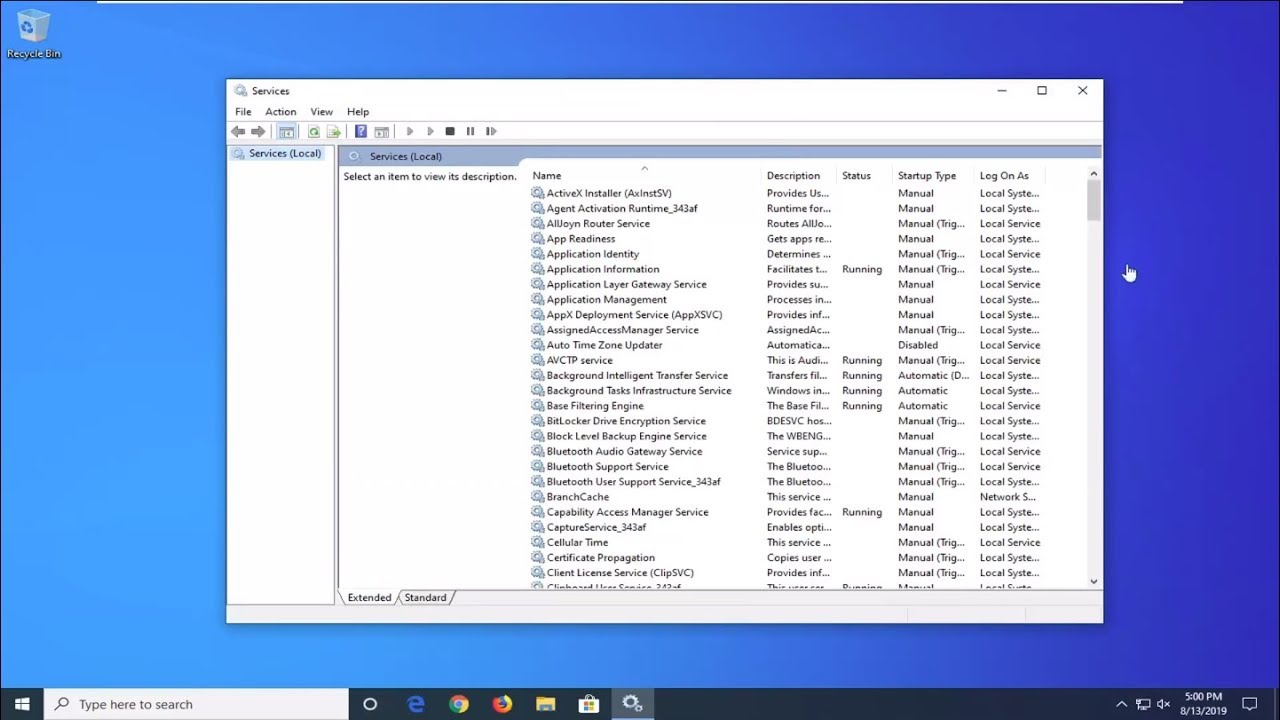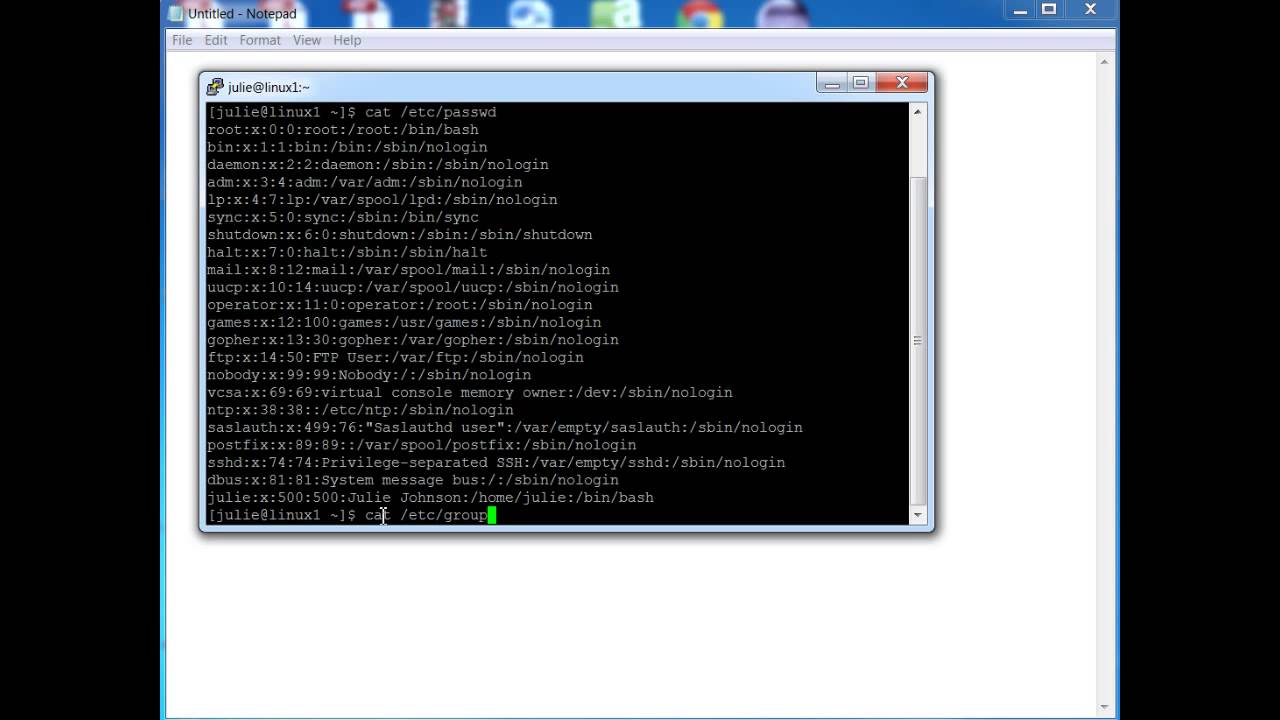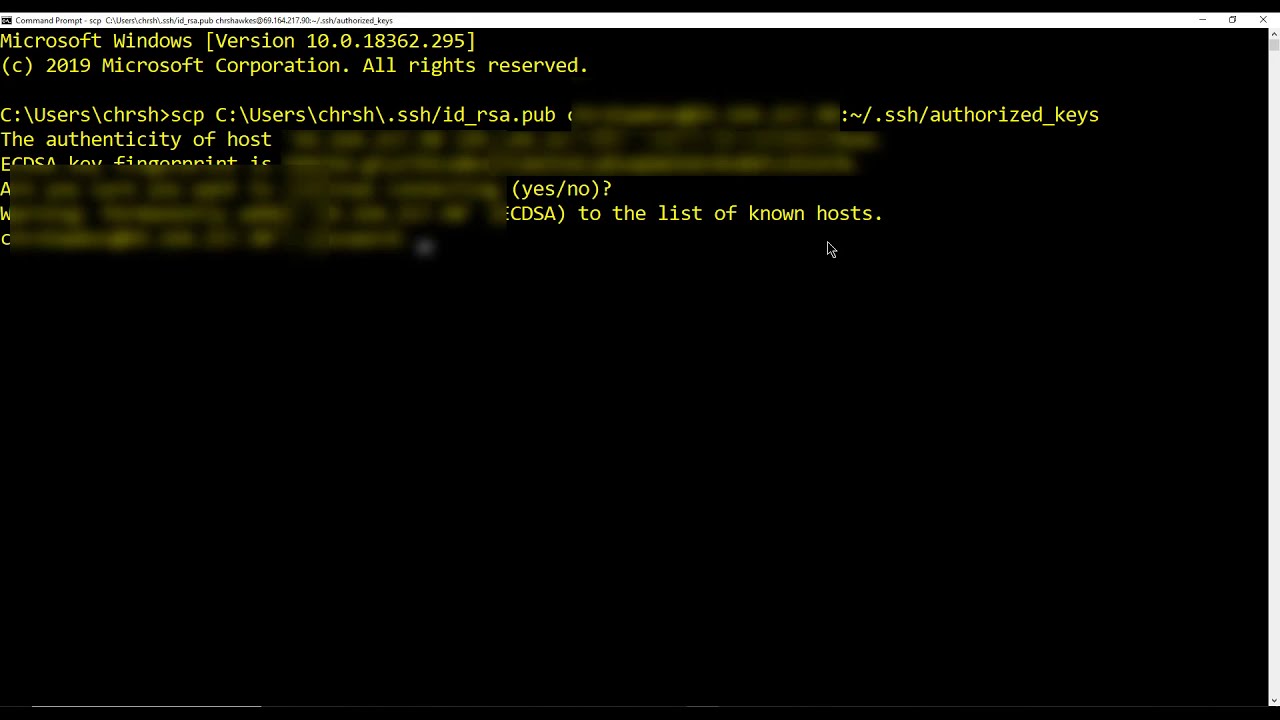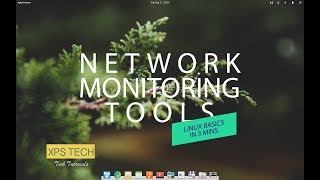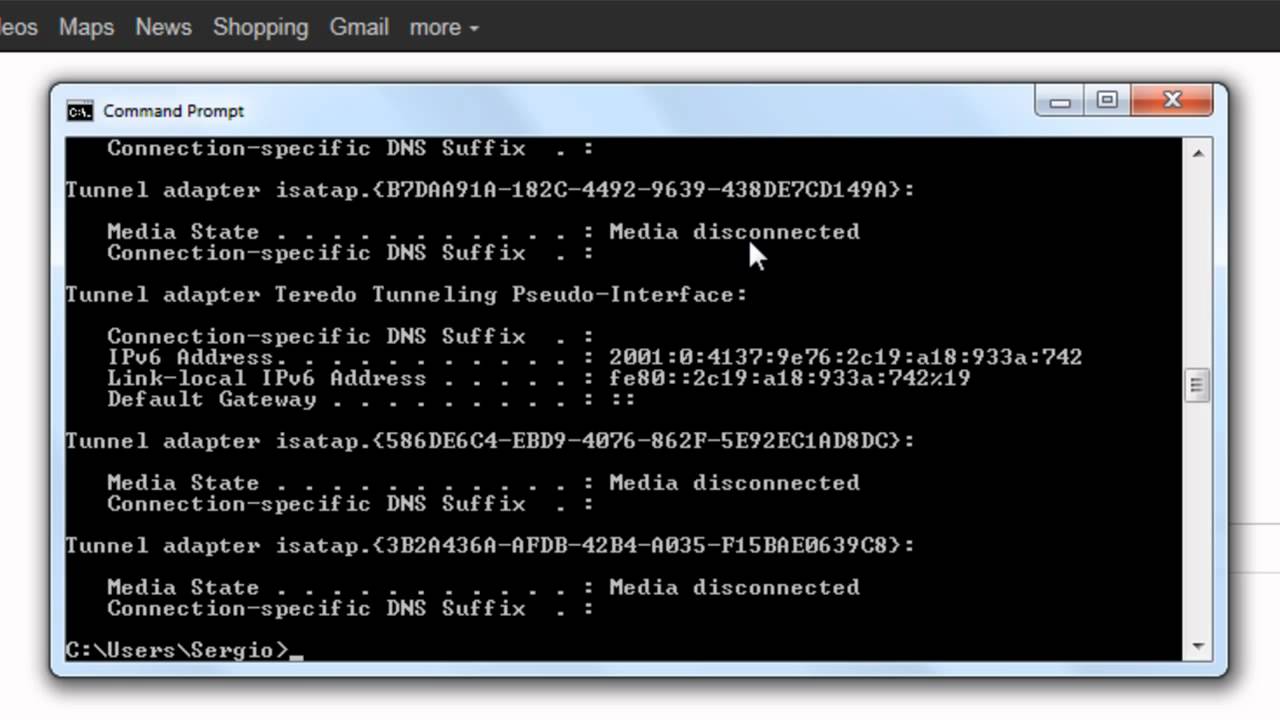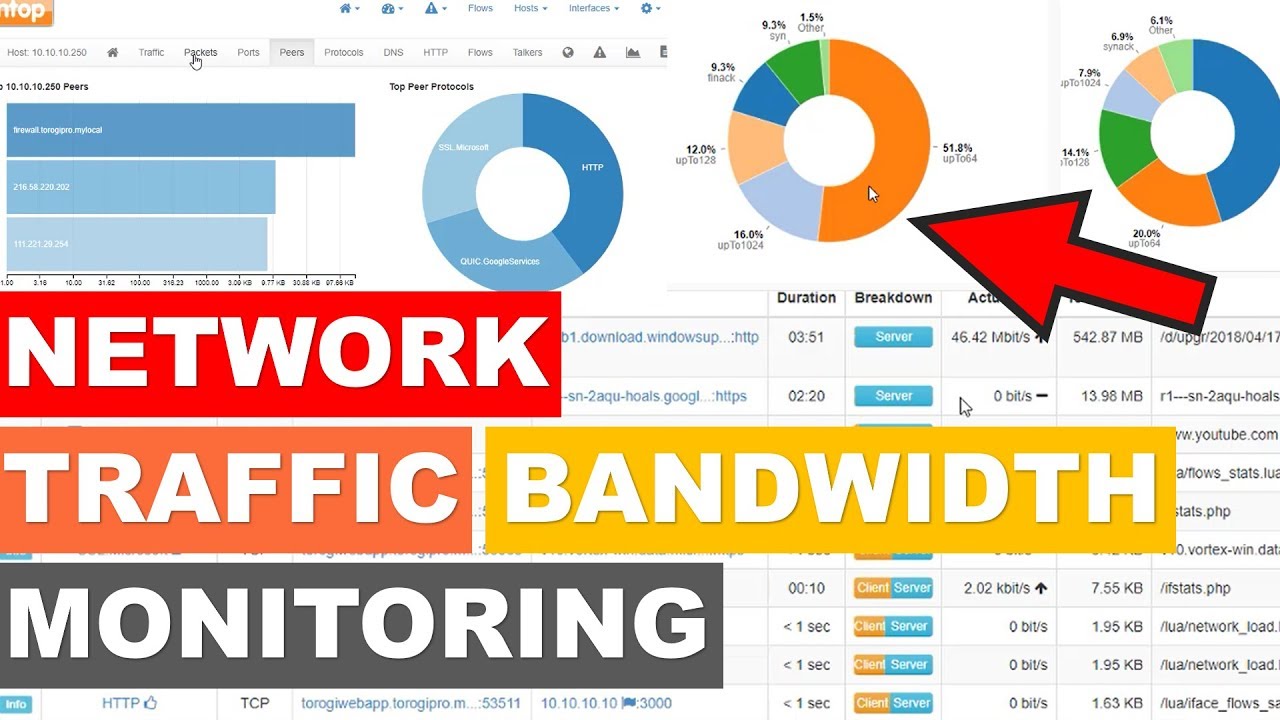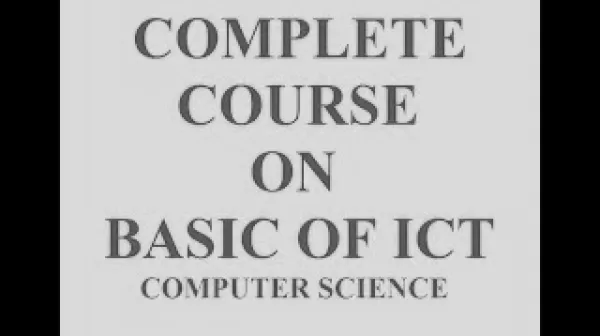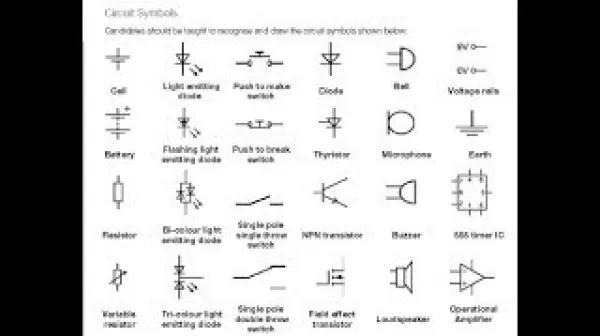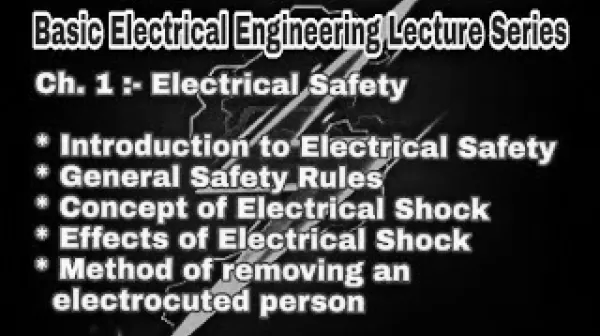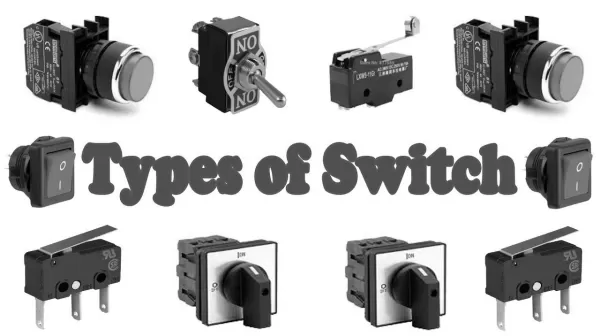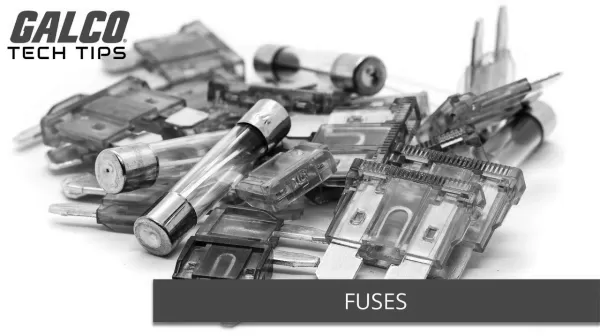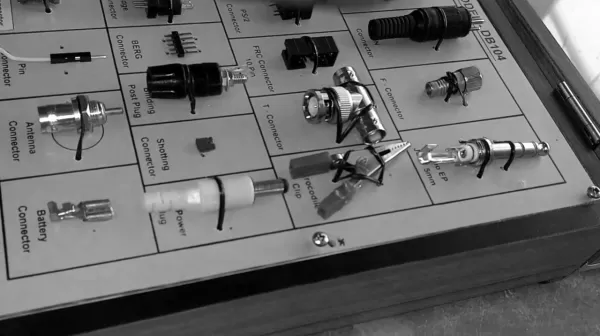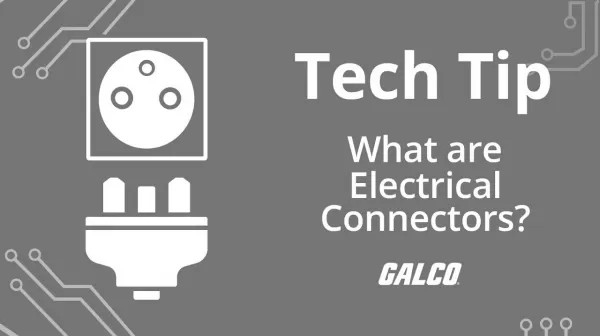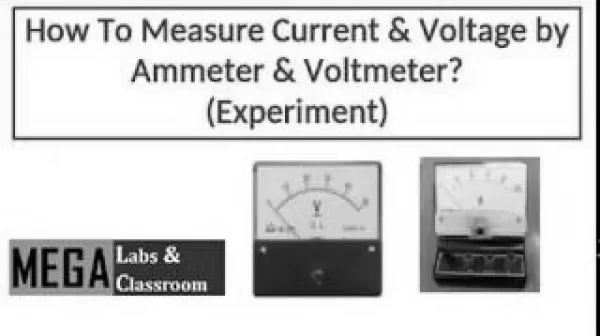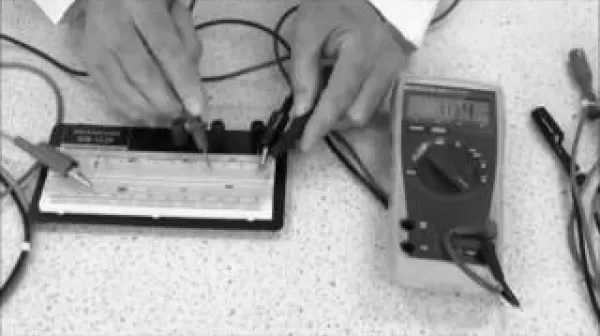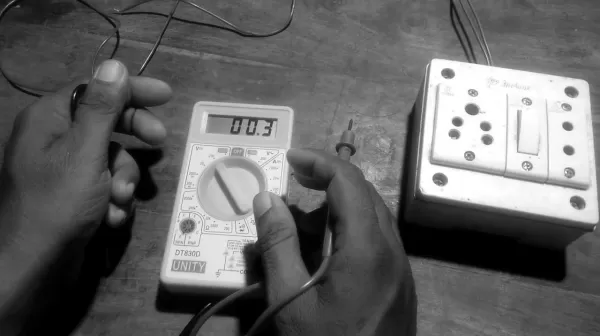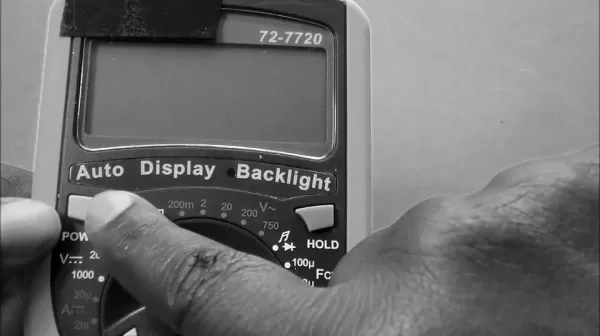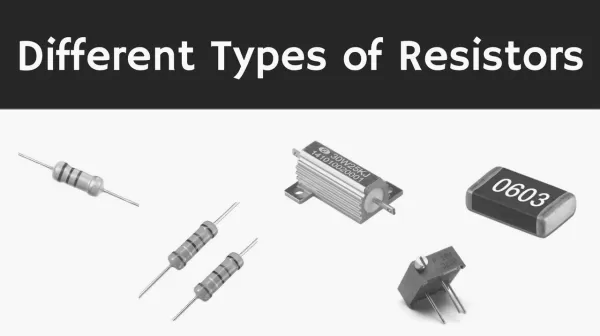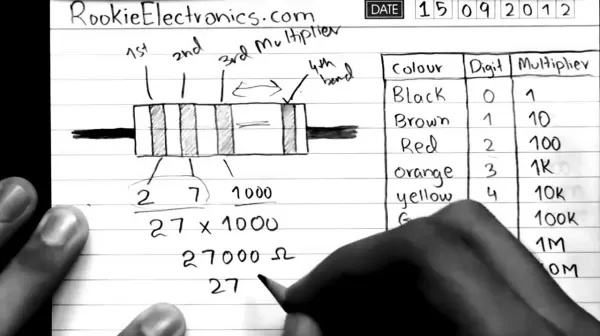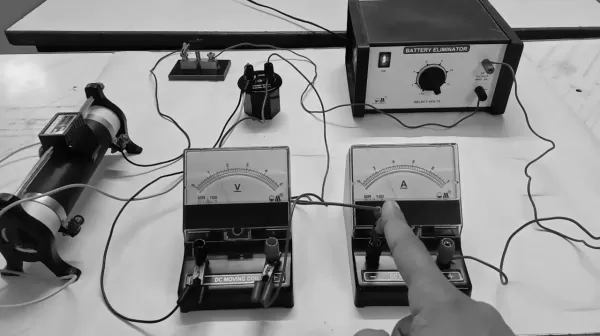Information Communication Technology System Maintenance
Information & Communication Technology System Maintenance [Duration: 2 years, NSQF Level-5]
Course Content:
During the one-year duration the trainee learn about safety and environment, use of fire extinguishers. They learn to work with various basic Electrical Components, perform all functions of Resistors and Soldering, De-soldering practice, able to recognize different types of Inductors, measure Inductance and uses of Transformer. They know about Capacitor, measure Capacitance and find resonance value of a circuit. Testing and use of Diode to construct basic Electronic components duration Recognize different types of Transistors and use it as Amplifiers in electronic circuit. Construct and test of an application circuit using different types of Semiconductors. Assemble and test various Power Supply circuit. Construct all digital circuit using logic gates and verify truth table. Familiarize charging of acid battery and verify connections. Verify internal parts of CRO and use it to measure voltage, frequency, modulation of modulator/ transmitter. Working with some important Mechanical, Electrical & Electronics Accessories used in information communication system
The trainee will be able to achieve the skill to work with Word Processing and Spreadsheet Software. Trainees are able to assemble and replace hardware components of Desktop Computer. Installation of Operating System and all other application software. Customization of Operating System and maintenance of system application software. Assemble and replace hardware components of Laptop PC. Replace/ install SMPS and troubleshoot its faults. Familiarize and upgrading various components of Motherboard. Recognize different types of memory devices, chips and its structure.
During the second – year duration, trainee learn about installation and customization of Linux operating system. Installation of Printer, Scanner and troubleshoot their faults. Replace/ install Display Driver Card and servicing, configuration of various display unit. Replace/ install Sound Card and set properties to adjust sound quality. Maintenance and servicing of UPS. Installation and configuration of Modem, System Resources, Add on Cards, Cables & Connectors. Upgrading, maintenance and troubleshooting of PC. Assemble, replace and troubleshooting various parts of Tablet/ Smart Devices. Browsing internet and work with Cloud Computing
The trainee will be able to set up and configure Networking System using various network devices. Sharing and controlling resource and Internet connection through network. Implement Network Security to protect from various attacks on networking. Installation and basic configuration of Windows Server. Installation, configuration of DNS, Routing and user account customization. Configuration of Server and managing Server Network security and Infrastructure. Installation and basic configuration of Linux server.
Skills Acquired: ICT Engineer; is responsible for installing and ensuring uptime of the assigned ICT node/network segment, by undertaking preventive maintenance and fault management activities. The ICT Engineer is also responsible for performing upgrades, capacity augmentation, configuration changes and Point Interconnect testing with minimal disruption of services. The ICT or Information and Communication Technology equipment are NodeB/eNodeB, IP and TDM transmission equipment, IP and Packet Core switch, Cloud and Data Centre equipment .
ICT Technician; is responsible to maintain the ICT nodes/installations live on 24x7 basis, observe and repair Level-1 faults/issues in installed ICT equipment at site, carry out specified preventive and corrective maintenance procedures and report relevant network incidents to the supervisor in time for information as well as response. ICT or Information and Communication Technology refers to NodeB/ eNodeB, IP and TDM transmission equipment, IP and Packet Core switch, Cloud and Data Centre equipment.
Computer System Hardware Analyst/Hardware Engineer; data processing requirements to plan data processing systems that provide system capabilities required for projected workloads and plans layout and installation of new system or modification of existing system. Confers with Data Processing and Project Managers to obtain information on limitations and capabilities of existing system and capabilities required for data processing projects and projected work load. Evaluates factors such as number of departments serviced by data processing equipment, reporting formats required, volume of transactions, time requirements and cost constraints, and need for security and access restrictions to determine hardware configurations. Analyses information to determine, recommend, and plan layout for type of computers and peripheral equipment, or modifications to existing equipment and system, that will provide capability for proposed project or work load, efficient operation, and effective use of allotted space. May enter data into computer terminal to store, retrieve, and manipulate data for analysis of system capabilities and requirements. May specify power supply requirements and configuration. May recommend purchase of equipment to control dust, temperature, and humidity in area of system installation. May specialize in one area of system application or in one type or make of equipment. May train users to use new or modified equipment. May monitor functioning of equipment to ensure system operates in conformance with specifications.
System Analysts; analyses user requirements, procedures, and problems to automate processing or to improve existing computer system. Confers with personnel of organizational units involved to analyse current operational procedures, identify problems, and learn specific input and output requirements, such as forms of data input, how data is to be summarised, and formats for reports. Writes detailed description of user needs, programme functions, and steps required to develop or modify computer programme. Reviews computer system capabilities, workflow, and scheduling limitations to determine if requested programme or programme change is possible within existing system. Studies existing information processing systems to evaluate effectiveness and develops new systems to improve production or workflow as required. Prepares workflow charts and diagrams to specify in detail operations to be performed by equipment and computer programmes and operations to be performed by personnel in system. Conducts studies pertaining to development of new information systems to meet current and projected needs. Plans and prepares technical reports, memoranda, and instructional manuals as documentation of programme development. Upgrades system and corrects errors to maintain system after implementation. May assist COMPUTER PROGRAMMER in resolution of work problems related to flow charts, project specifications or programming. May prepare time and cost estimates for completing projects. May direct and coordinate work of others to develop, test, install, and modify programs.
Data Communication Analyst/Network Administrator; researches, tests, evaluates, and recommends data communications hardware and software: Identifies areas of operation which need upgraded equipment, such as modems, fibre optic cables and telephone wires. Conducts survey to determine user needs. Reads technical manuals and brochures to determine equipment which meets establishment requirements. Visits vendors to learn about available products or services. Tests and evaluates hardware and software to determine efficiency, reliability, and compatibility with existing system, using equipment such as computer terminal and modem. Analyses test data and recommends hardware or software for purchase. Develops and writes procedures for installation, use, and solving problems of communications hardware and software. Monitors system performance. Trains users in use of equipment. Assists users to identify and solve data communication problems. May write technical specifications to send to vendors for bid. May oversee or assist in the installation of communications hardware. May perform minor equipment repairs
Options for employment: Computer System Maintenance Personnel; Supervisor in Electronic Assembly Units; Electronic Technician (Assembly, Test, Maintenance, Troubleshooting & Quality control); Communication & Office Equipment’s Maintenance Personnel
Options for self-employment / Entrepreneurship Development: On completion of the course the trainee can undertake repair of Computer Hardware peripherals & maintenance; Electronic & Electrical Maintenance & Repairs (Audio System, TVs, VCDs, Washing Machines, Microwave Ovens etc.); General Office & Communications Maintenance (Telephone, Fax, EPABX etc.); Setup & Maintain Cyber Café’s Internet, E-mail & Allied Communications & Software Services (Browsing, Scanning, Printing, Computer Typing, Telephone, Fax, Xerox, Leasing of System & Projectors)
ITI trade Information Communication Technology System Maintenance is powered by NCVT. ITI trade Information Communication Technology System Maintenance is a job oriented trade ITI trade Information Communication Technology System Maintenance is suitable for government job and private job. This ITI trade Information Communication Technology System Maintenance is very powerful for self-empowerment. This ITI trade Information Communication Technology System Maintenance is perfectly design to fulfill industrial requirement of Indian Industries as well as International industries.
Provides technical support and maintains computer systems, desktops, networks and peripherals. Installs, diagnoses, repairs, maintains and upgrades all hardware/ software/ related equipments while ensuring optimal workstation performance by taking appropriate security measures. Troubleshoots problem areas in a timely and accurate fashion and provide end user training and assistance whenever required. Configure broadband equipment. Assist the information technology administrators with configuration, maintenance and monitoring of access servers, routers, Internet servers including DNS, radius, web, LDAP, e-mail, network monitoring and print servers
Information & Communication Technology System Maintenance has a wide scope of Employability ranging from self-employment, contractual employment to Industrial jobs. On successful completion of this course, the candidates shall be gainfully employed in the industries for following occupations:
- ICT Engineer
- ICT Technician
- Computer System Hardware Analyst/Hardware Engineer
- System Analysts
- Data Communication Analyst/Network Administrator
Trades Summery:
- Apply safe working practices
- Identify various basic Electrical Components and perform measurement of current, voltage using multimeter
- Perform all functions of Resistors and Soldering, De-soldering practice
- Recognize different types of Inductors, measure Inductance and uses of Transformer
- Measure Capacitance and find resonance value of a circuit
- Testing and use of Diode to construct basic Electronic components
- Recognize different types of Transistors and use it as Amplifiers in electronic circuit.
- Construct and test of an application circuit using different types of Semiconductors
- Assemble and test various Power Supply circuit
- Construct all digital circuit using logic gates and verify truth table
- Familiarize charging of acid battery and verify connections
- Verify internal parts of CRO and use it to measure voltage, frequency, modulation of modulator/ transmitter
- Working with some important Mechanical, Electrical & Electronics Accessories used in information communication system
- Perform all the functions of Word Processing and Spreadsheet Software.
- Assemble and replace hardware components of Desktop Computer.
- Installation of Operating System and all other application software.
- Customization of Operating System and maintenance of system application software
- Assemble and replace hardware components of Laptop PC
- Replace/ install SMPS and troubleshoot its faults.
- Familiarize and upgrading various components of Motherboard
- Recognize different types of memory devices, chips and its structure
- Installation and customization of Linux operating system
- Installation of Printer, Scanner and troubleshoot their faults
- Replace/ install Display Driver Card and servicing, configuration of various display unit
- Replace/ install Sound Card and set properties to adjust sound quality
- Perform maintenance and servicing of UPS.
- Installation and configuration of Modem, System Resources, Add on Cards, Cables & Connectors
- Upgrading, maintenance and troubleshooting of PC
- Assemble, replace and troubleshooting various parts of Tablet/ Smart Devices
- Browsing internet and work with Cloud Computing
- Setting up and configuring Networking System using various network devices
- Sharing and controlling resource and Internet connection through network
- Implement Network Security to protect from various attacks on networking
- Installation and basic configuration of Windows Server
- Installation, configuration of DNS, Routing and user account customization
- Configuration of Server and managing Server Network security and Infrastructure
- Installation and basic configuration of Linux server
Information Communication Technology System Maintenance
Information Communication Technology System Maintenance (Old Name – IT & ESM)
